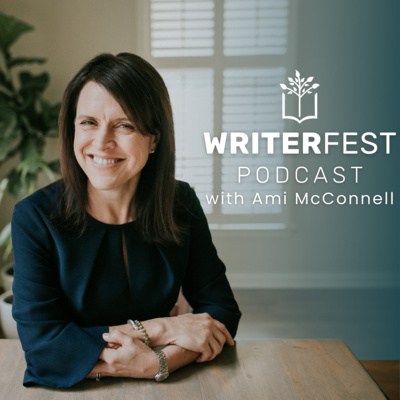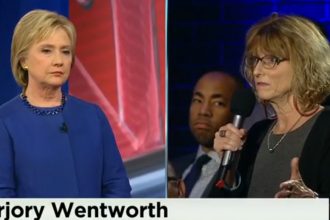After my run-in over Confederate flag, I’m not surprised by Nikki Haley
I Am Not Surprised by Nikki Haley
By Marjory Wentworth, South Carolina Poet Laureate 2003-2020
Many South Carolinians were not surprised by Nikki Haley’s refusal to mention slavery when asked about the cause of The Civil War at a Town Ball in Berlin, NH earlier this week, especially me. Her quick turnaround the next day on my brother’s radio Talk show “The Pulse of New Hampshire” was not surprising either. Let me explain.
I served as Poet Laureate of South Carolina from 2003-2020. Writing and reciting an inaugural poem is the one single requirement of a state poet laureate, but in January 2015 I was not allowed to read “One River, One Boat,” the poem I had composed for Governor Haley’s second inauguration.
My goal with the “One River, One Boat” was to remind people that we were first and foremost a community, and we all deserve a place at the table. I described as many kinds of people as possible in a few stanzas. From schoolteachers and dockworkers to migrant farm workers picking peaches and homeless veterans begging for change, the power of the poem seemed to come from its manifold voices.
The poem also addressed the legacy of slavery in the Palmetto state. The Confederate battle flag, which was still flying beside the SC Statehouse, belonged in the poem. It felt like the perfect metaphor for where we were and still are in this country: divided by political parties, race, and economic status. The battle over the Confederate flag has a long, contentious history in South Carolina, and one’s view of history (in particular, the reasons for the Civil War) often determined one’s attitude toward it, including Governor Haley.
The poem was meant to unify not divide, to create a space for us to come together and consider our shared history and its legacy. Clearly, this was not of interest to Governor Haley. But it was of interest to countless others, including Congressman James Clyburn, who read “One River, One Boat” into the Congressional Record and spoke about its importance in Washington DC on the evening of Governor Nikki Haley’s inauguration.
Less than six months later, on June 17, 2015, white supremacist Dylann Roof murdered nine people at Mother Emanuel Church in Charleston. Soon, photographs of Roof waving the Confederate battle flag permeated the internet and the news media. The response from Charleston church and civic leaders was immediate – the Confederate flag needed to be removed from the grounds of the state capital. Governor Haley agreed, and twenty-three days after the church shootings at Mother Emanuel, the Confederate battle flag was ceremoniously removed from the flagpole at the statehouse.
But, as recently as 2019, Nikki Haley told Glenn Beck that Roof “hijacked” the meaning of the flag, implying that it was not already a blatant symbol for racism. Really? Dylann Roof did not hijack this hateful symbol; on the contrary, since the Confederacy was founded to preserve slavery, the flag has always been a symbol for white supremacy.
Now, as facts about the history of slavery are being blatantly contested, and books and curriculum regarding this topic are being censored or banned, Nikki Haley’s hesitation to accurately answer a question about the cause of the Civil War is a window into the political forces shaping policy in the Republican Party.
It’s so sad for me to consider that eight years after I was not allowed to read “One River, One Boat” at Governor Haley’s inauguration we are still “at war with ourselves…” The question we need to ask ourselves, is who will lead us through this struggle?
(from “One River, One Boat”)
Here, where the Confederate flag still flies
beside the Statehouse, haunted by our past,
conflicted about the future, at the heart
of it, we are at war with ourselves
huddled together on this boat
handed down to us – stuck
at the last bend of a wide river
splintering near the sea.


